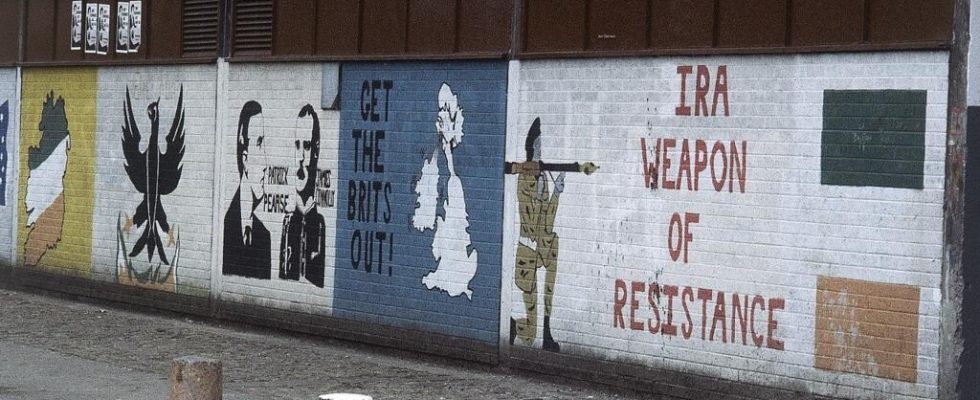The British Parliament approved, on Tuesday September 12, the much criticized Legacy Bill, a law that makes it impossible to prosecute again crimes committed during the “Troubles”. The “Troubles” refer to the civil war which tore Northern Ireland between 1969 and 1998, marked by abuses by republican and loyalist paramilitaries, and the British army. And this law is almost unanimously against it.
1 min
With our correspondent in London, Émeline Vin
Approved by Parliament, the Legacy Bill is only waiting for the seal of King Charles III to come into force. A formality, then. For the British government, it is a question of turning the page on this conflict which has left more than 3,500 dead, the majority of them civilians, and of no longer allowing new prosecutions. Instead, a reconciliation commission should be established.
In Northern Ireland, all the local political parties, although rarely unanimous, had positioned themselves Against law. Even though the peace was signed 25 years ago, more than a thousand crimes remain unbrought to justice. Some were committed by paramilitaries on both sides of the conflict, and others were committed by the British army. Most often, these were civilians shot down for no reason by soldiers. Associations of victims’ families denounce a de facto amnesty and a desire to protect the image of the army. Only some veterans support the text.
The Irish government, co-signatory of the peace agreement, had been calling for the measure to be renounced for two years. Dublin could launch an appeal before the European Court of Human Rights.
Read also50 years after Bloody Sunday, Northern Ireland’s stability still fragile
